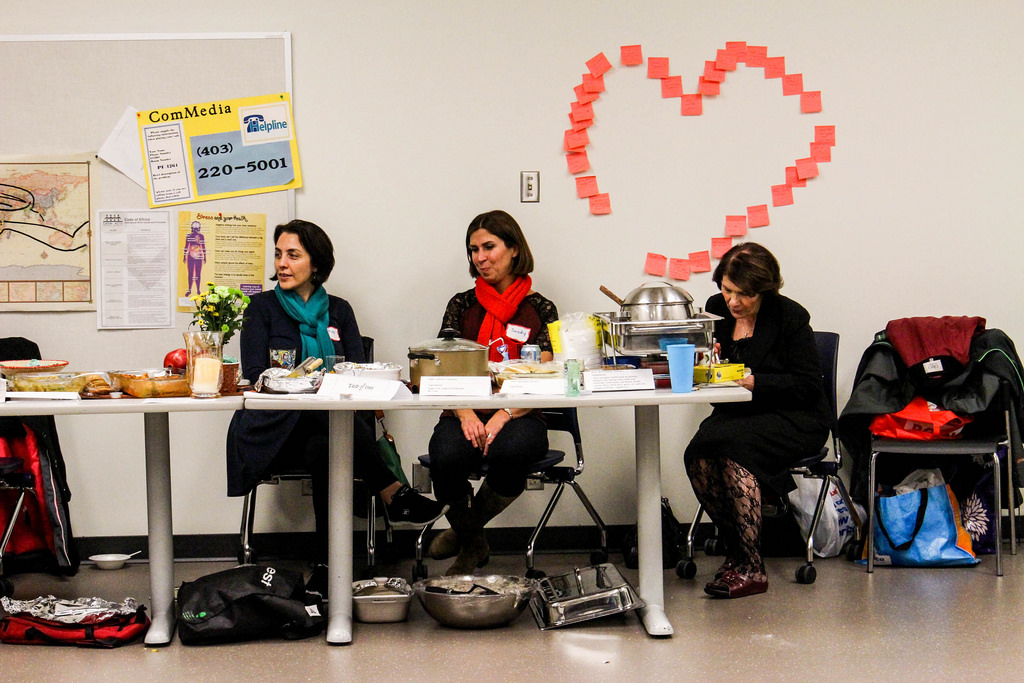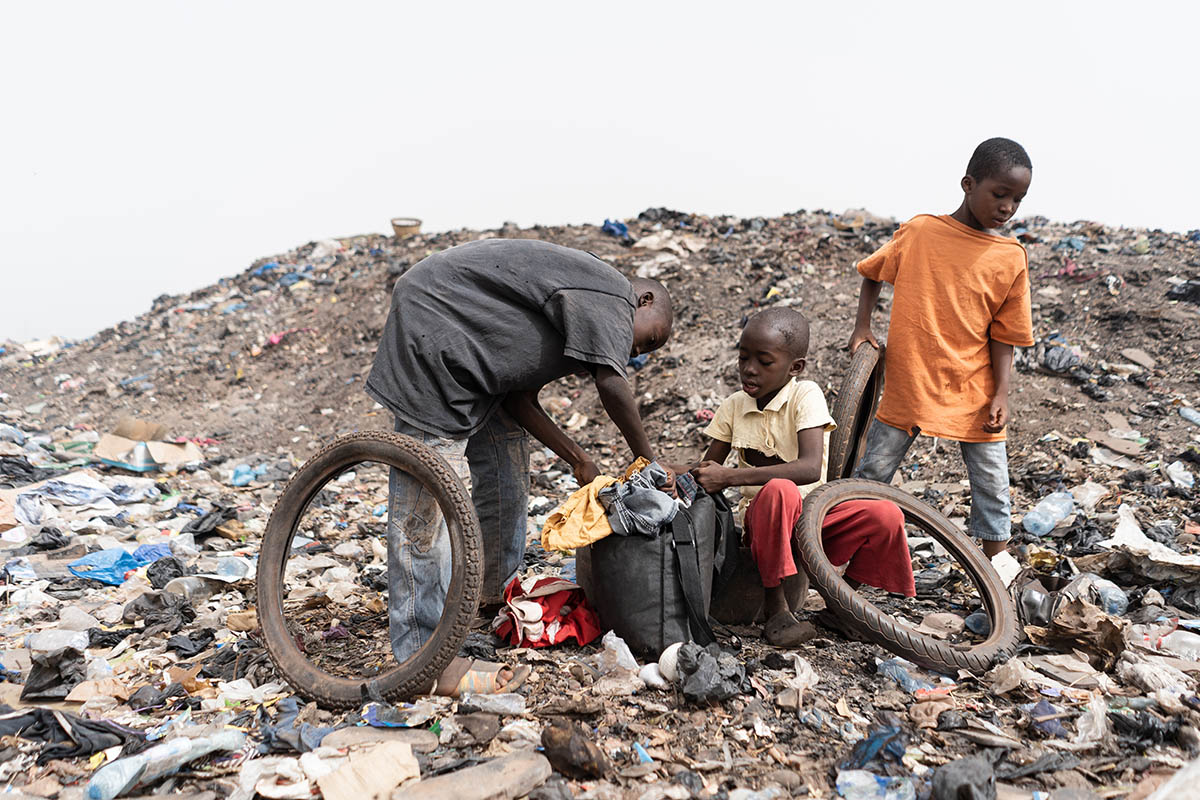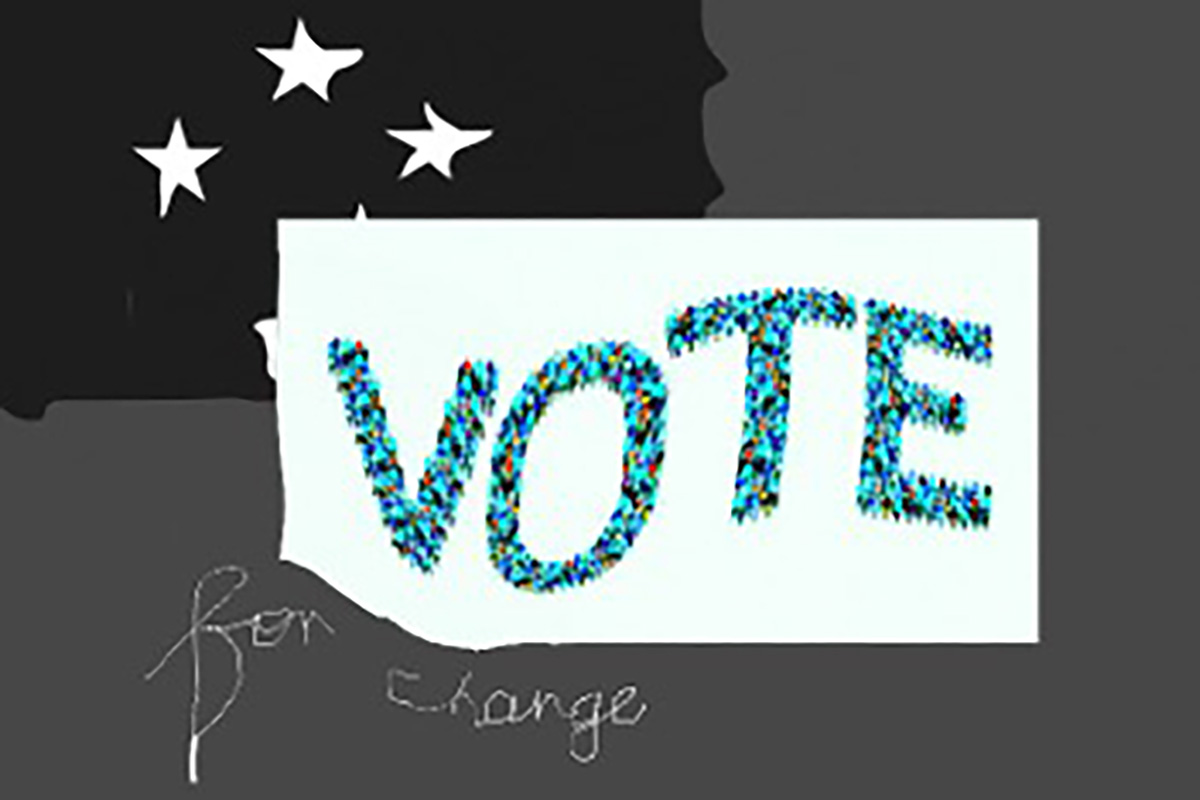“Volunteerism has benefits and significance”
January 26 Volunteer work is highly valued in academic and career circles, writes Debra Grace Lim Jia-En, 17, a Commonwealth Correspondent from Malaysia, who recently completed an extended volunteer experience. She writes that volunteer work benefits both the volunteer and the recipient.
Volunteer work is highly valued in academic and career circles, writes Debra Grace Lim Jia-En, 17, a Commonwealth Correspondent from Malaysia, who recently completed an extended volunteer experience. She writes that volunteer work benefits both the volunteer and the recipient.
In recent years, the importance of volunteering has resurfaced in the media with vehemence. Volunteer experience is universally valued by universities and international organisations. Increasingly, more multi-national companies are practising corporate social responsibility and giving back to their local communities. If you’re in secondary school or university, you’ve probably taken part in some form of volunteering or been encouraged to do so by teachers or counselors.
But what does it mean to be a volunteer? Volunteerism is broadly defined as an activity where someone provides a service for the benefit of a person, group or organisation without any monetary gain in return. Many services fall under the umbrella of volunteerism: from helping out at animal shelters, raising funds for libraries and environmental NGOs to organising activities at your local community centre.
Having completed a term-long stint of volunteering at a local NGO where I taught underprivileged primary school children, I have spent time thinking about the impact volunteerism has on society and the volunteers themselves. It is more than an altruistic or philanthropic gesture. As volunteers make an effort to give back to society, simultaneously, other benefits arise.
Volunteering gives everyone without exception the opportunity to get involved in humanitarian activities that they’ve never tried before, cultivating new technical and social skills as a result. Particularly for (though not limited to) students, this allows them to develop aspects of their character that are often overlooked in the classroom, making new areas of their personality come to light.
More often than not, volunteering places you in unfamiliar environments, forcing you to learn how to quickly assess situations and adapt to different scenarios; these skills are a valuable asset for any direction that your life will take you. In addition, you are given the chance to develop more nuanced problem-solving skills and teamwork abilities, because when carrying out a project or event, obstacles are sure to pop up. How well you and your team overcome these challenges is largely dependent on how well you communicate as a team and the creative solutions you can come up with to relieve the situation.
Through volunteering for NGOs and other charitable organisations, you get to meet new communities of people outside of your usual social circles. By volunteering alongside people of all ages and backgrounds, you not only become more comfortable interacting with people who may be vastly different from you, but you also build meaningful relationships with people who are concerned about the causes you care about. As a result, you have the opportunity to befriend people you otherwise would not have met. I certainly was not expecting to meet so many passionate purpose-driven individuals through volunteering for various organisations. Though we come from all walks of life, we have continued to bond over our shared passion for eradicating illiteracy and promoting higher education standards.
Most importantly, availing our time and service helps to give us an in-depth insight into the inequalities that persist in our society. Many of us are so privileged to lead such comfortable lives that it is easy to become oblivious to the many social disparities that still need to be made right. Millions worldwide do not even have access to basic needs like clean water, education and sufficient nutrition.
According to the latest data by the World Bank, 10.7 per cent of the world’s population lives in extreme poverty. In addition, UN Water estimates that 783 million people do not have access to clean water and almost 2.5 billion do not have access to adequate sanitation. As I write this, areas with vast biodiversity such as the Bornean island and the Amazon continue to be plagued by chronic deforestation, endangering much of its unique flora and fauna. UNICEF estimates that one in four of children in sub-Saharan Africa are engaged in child labour.
These sobering statistics cover a wide range of socio-economic issues that urgently need addressing. Nevertheless, there is still much that each and every one of us can do to further these deserving causes. By volunteering, we can contribute greatly to ridding our world of these social ills. At such a time as this, it is critical that we as a society gain a greater understanding of our social responsibilities and work towards creating a more egalitarian and just society.
Ultimately, the privilege of making a lasting impact on the lives of others is what truly makes volunteering such a worthwhile cause. All in all, the purpose of volunteerism is to make a positive difference in society. If we could all grasp that mindset of social responsibility towards one another, there’s no telling what heights we can reach as a united global community.
photo credit: Sonya Ehcoh IMG_5146 via photopin (license)
………………………………………………………………………………………………………………………………………………………………
About me: Hi! My name’s Debra and I’m from Malaysia. I aspire to be a lawyer one day, and I have a special interest in public policy and its implementation, social justice and international trade.
Currently, I’m a Lower Sixth student at Kolej Tuanku Jaa’far, studying for my A levels. When I’m not reading, writing or volunteering, I also enjoy the performing arts, playing music, Model United Nations conferences and travelling.
………………………………………………………………………………………………………………………………………………………………
Opinions expressed in this article are those of the author and do not necessarily represent the views of the Commonwealth Youth Programme. Articles are published in a spirit of dialogue, respect and understanding. If you disagree, why not submit a response?
To learn more about becoming a Commonwealth Correspondent please visit: http://www.yourcommonwealth.org/submit-articles/
………………………………………………………………………………………………




